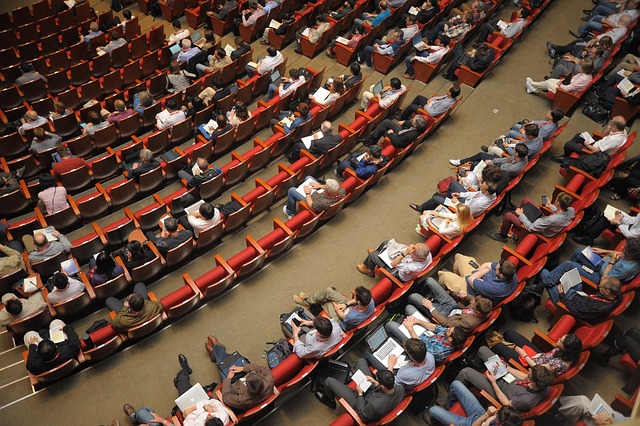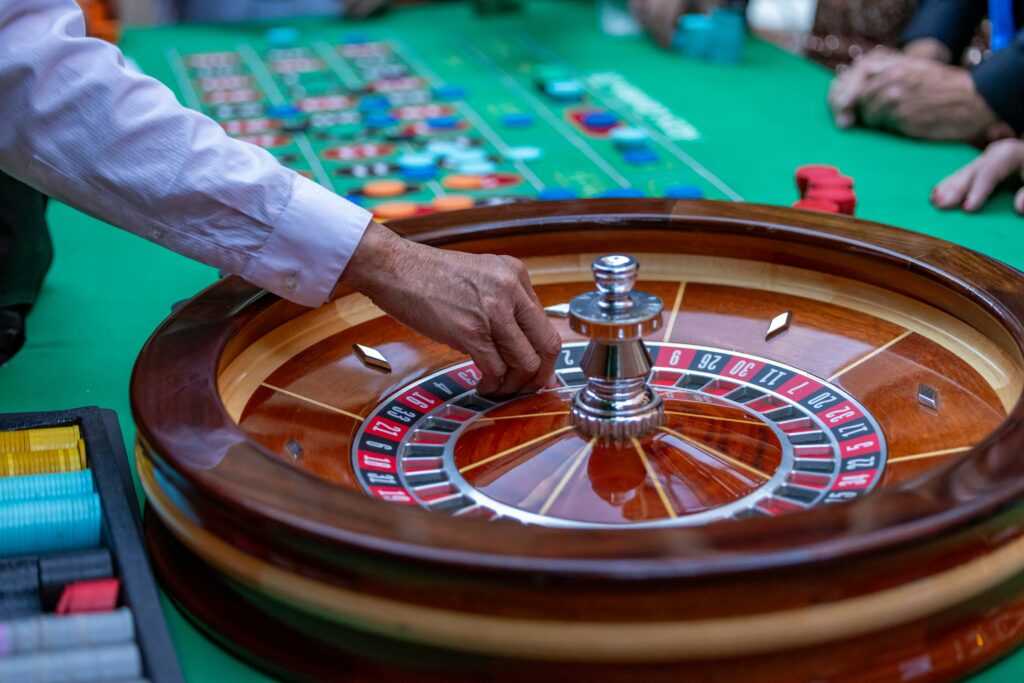Workforce Boost: Direct and Indirect Job Creation
Legal gambling does more than fill seats at blackjack tables it powers job markets on and off the casino floor. Whether it’s a casino resort, a local racetrack, or an online betting platform, each one creates employment well beyond the obvious dealer roles. Hotels, restaurants, entertainers, security teams, event crews, and maintenance staff all make the engine run. Think of it like a small city, with a payroll.
Then there’s the second wave: the jobs that come with building and supporting these facilities. Contractors, electricians, IT vendors, cleaning crews, local food suppliers it adds up fast. Even online gambling, often seen as low overhead, generates digital jobs in UI, customer service, compliance, and data analysis.
Bottom line: legal gambling brings in more than crowds it builds working economies across sectors, giving cities and counties fresh income streams and everyday folks solid employment options.
Urban Transformation Through Investment
When a legal gambling zone opens in an underdeveloped area, it doesn’t operate in a vacuum. It brings with it a wake of new interest from developers, restaurateurs, hoteliers, and service providers. The result? Entire neighborhoods flip from neglected to high traffic destinations almost overnight.
Take Detroit. Once facing steep economic decline, the introduction of regulated casinos in downtown played a key role in jumpstarting local redevelopment. Hotels opened, new dining districts emerged, and empty buildings were transformed into mixed use spaces catering to both tourists and residents. The ripple effect extended beyond the gaming floor. Nearby vacant lots found new life as apartments and entertainment venues.
Over in Biloxi, Mississippi, the waterfront has seen a major facelift since legal gambling came into play. What used to be rundown shoreline has become a thriving strip of resorts, music halls, and family friendly attractions all anchored by the casino industry’s investment.
Legal gambling isn’t magic, but in the right environment, it’s a catalyst. It turns forgotten corners into economic engines, making use of spaces that once sat idle and giving cities tools to redefine their image and economic future.
Tax Revenue Turned Into Public Value

Gambling doesn’t just generate entertainment it generates significant revenue. As legal gambling expands, local and state governments are finding ways to turn this income into long term public benefit. From funding education to rebuilding roads, gambling tax streams serve as a strategic financial tool.
Where the Money Goes
Legalized gambling contributes millions to government coffers annually. These funds are not left idle they’re often funneled into programs with broad societal benefits:
Education Funding
Scholarships and grants
Public school improvements
Community literacy programs
Public Health Services
Mental health and addiction support infrastructure
Local clinics and emergency services
Preventative health campaigns
Infrastructure Upgrades
Road and bridge repairs
Transit expansions and public transportation accessibility
Water, sewer, and utility system improvements
Strategic Reinvestment in Action
When tax revenue is reinvested smartly, it can catalyze a cycle of community growth and economic development. Cities that allocate gambling taxes to visible, high impact projects often see improved public trust and sustained economic momentum.
Investments in public services also reduce strain on local governments by elevating overall quality of life which, in turn, can attract new business and residents.
Learn more about how infrastructure spending fuels long term growth: How Infrastructure Investment Drives Economic Development: Key Benefits and Case Studies
Infrastructure: The Backbone of Economic Momentum
Legal gambling doesn’t happen in isolation. To support a casino, racetrack, or major online hub, cities often need robust upgrades wider roads, expanded public transit, stronger utilities, and faster telecom networks. These aren’t optional. They’re required to handle the surge in foot traffic, service demands, and digital infrastructure that modern gambling operations bring.
But there’s a bigger upside here. These improvements don’t just serve the gaming sector they unlock broader economic value. Retail strips see more footfall. New residential buildings pop up where none existed before. Delivery services, local shops, and community centers operate more smoothly thanks to sturdier infrastructure.
Urban planners point to the long term power of mixed use upgrades. A new transit corridor doesn’t just move gamblers it moves locals, workers, visitors, and residents. Better water and power systems benefit everyone. Sidewalks, lighting, and broadband upgrades lay the groundwork for future development, including housing and small businesses.
Bottom line: gambling may be the trigger, but the real win is in the framework it funds. For more on how smart infrastructure both fuels and shapes economic growth, check out How Infrastructure Investment Drives Economic Development: Key Benefits and Case Studies.
Balancing Growth with Responsibility
As legal gambling grows, so do concerns around addiction, crime, and widening economic gaps. These aren’t just theoretical issues they show up in communities, in households, and in local data. Even as jobs and tax revenue increase, public skepticism hasn’t gone away. And that’s fair. A thriving gambling economy that fails its people isn’t a win.
To meet these challenges, both industry leaders and government bodies are stepping in with smarter tools. We’re seeing tighter regulations on advertising, mandatory spending limits, and requirements for transparent odds disclosures. Education campaigns, often funded through gambling tax revenue, are making prevention as important as profit. Some regions even mandate responsible gaming officers in major venues people whose sole job is to watch for at risk behavior and intervene early.
What’s emerging is a more mature model one where local benefits and social protections grow in parallel. Long term sustainability in the gambling sector now depends on more than economics. It means designing economies that can support public health, prevent exploitation, and actively reduce harm. Resilience doesn’t happen by accident it’s built into the foundation.




